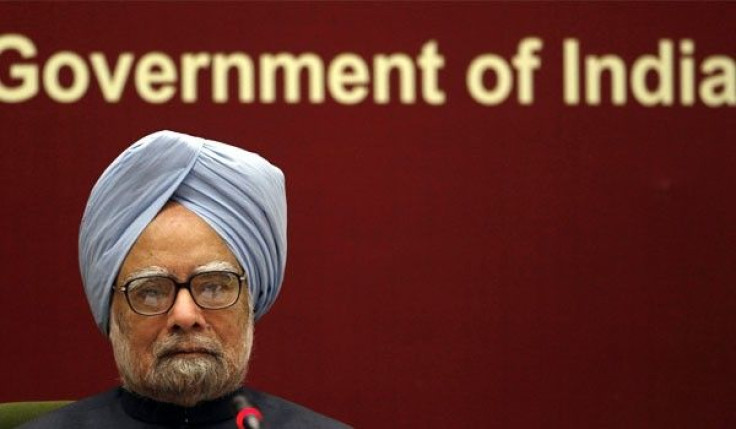India, EU announce breakthrough in FTA talks

India and the European Union announced a breakthrough in their free trade talks on Friday. European Commission President Jose Manuel Barroso said the free trade agreement (FTA) could be signed in 2011, after a meeting with Indian Prime Minister Manmohan Singh at the 11th EU-India summit in Brussels on Friday.
As Singh met Barroso and European Council chief Herman Van Rompuy, at stake was the fate of the free trade talk that has been going on since 2007 and a putative $40 billion jump in bilateral trade if and when the FTA comes into effect.
The long road to FTA has been besmirched by various stumbling blocks and the prospect of the FTA looked bleak in June this year when Indian officials suggested that talks had got into serious problems.
However, fast-paced talks over the last two months have resolved almost all issues coming in the way of the FTA. The major points of contention have been differences over intellectual property rights, environmental issues and issues related to human rights.
Though India still harbors reservations about the interpretations of the intellectual property rights and their specific use in the case of the export of generic drugs, India officials have said an eventual deal would be possible by early next year. The FTA will result in bilateral trade growing from $90 billion currently to over $130 billion. The European Union is currently India's largest trade partner.
POTENTIAL
India, one of the world's fastest-growing major economies, is a country of enormous interest for European exporters who see a vast potential in sectors like automobiles and luxury goods. Its rapidly growing middle-class, political stability and scorching pace of growth have added to the attractiveness of the country.
Although it (India) is far from the closed market that it was twenty years ago, India still also maintains substantial tariff and non-tariff barriers that hinder trade with the EU. The EU and India hope to increase their trade in both goods and services through the Free Trade Agreement (FTA) negotiations that they launched in 2007, the European Commission says.
Trade with the EU, which is India's largest trading partner, accounts for 20 percent of Indian trade. India, on the other hand, accounts for only 1.8 percent of the bloc's total trade. Also, currently India attracts a meager 0.3 percent of foreign direct investment (FDI) from the European Union.
The European Commission notes that EU-India trade has grown impressively and doubled from 28.6 billion in 2003 to over €55 billion as of 2007. However, the Commission notes that India's trade regime and regulatory environment still remain comparatively restrictive. In addition to tariff barriers to imports, India also imposes a number of non-tariff barriers in the form of quantitative restrictions, import licensing, mandatory testing and certification for a large number of products, as well as complicated and lengthy customs procedures.
India became one of the EU's strategic partners in 2004 and a EU-India Joint Action Plan crafted in 2005 was revised in 2008, aiming to realize the full potential of this partnership in key areas of interest to India and the EU.
DISAGREEMENT
While the EU insists on India sprucing up the fight against global warming and addressing issues of child labor, India has been concerned over EU's demands related to intellectual property rights. India had consistently made it clear it would not accept commitments on the Trade-Related Aspect of Intellectual Property (TRIPS) as demanded by the EU. New Delhi refuses to undertake any commitment that will force changes in its domestic legislation.
The issue had come into focus two years ago when an Indian generic drug shipment to Latin America was seized in the Netherlands on grounds of violation of European patent laws. However, India had insisted that the shipments complied with international norms and lodged a complaint with the World Trade Organization.
Agencies have reported from Brussels that both sides have made substantial progress in resolving outstanding disagreements, though Indian officials had underscored the difficult nature of the task at hand.
“… there is challenging task ahead of us. We are ready for intense engagement to ensure early conclusion of negotiations. The issues remaining of the table are complex but if we are able to resolve them to the mutual satisfaction of the two sides, it will enrich the trade deal,” India’s Chief Negotiator P K Chaudhury was quoted by India Info Line as saying.
© Copyright IBTimes 2024. All rights reserved.











